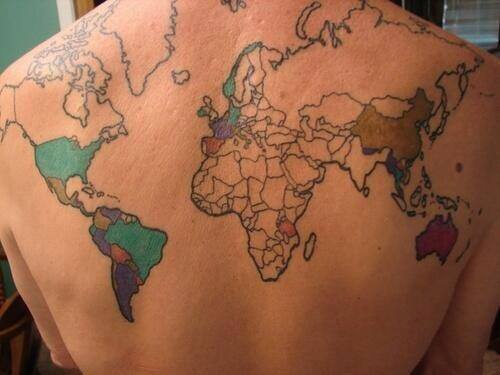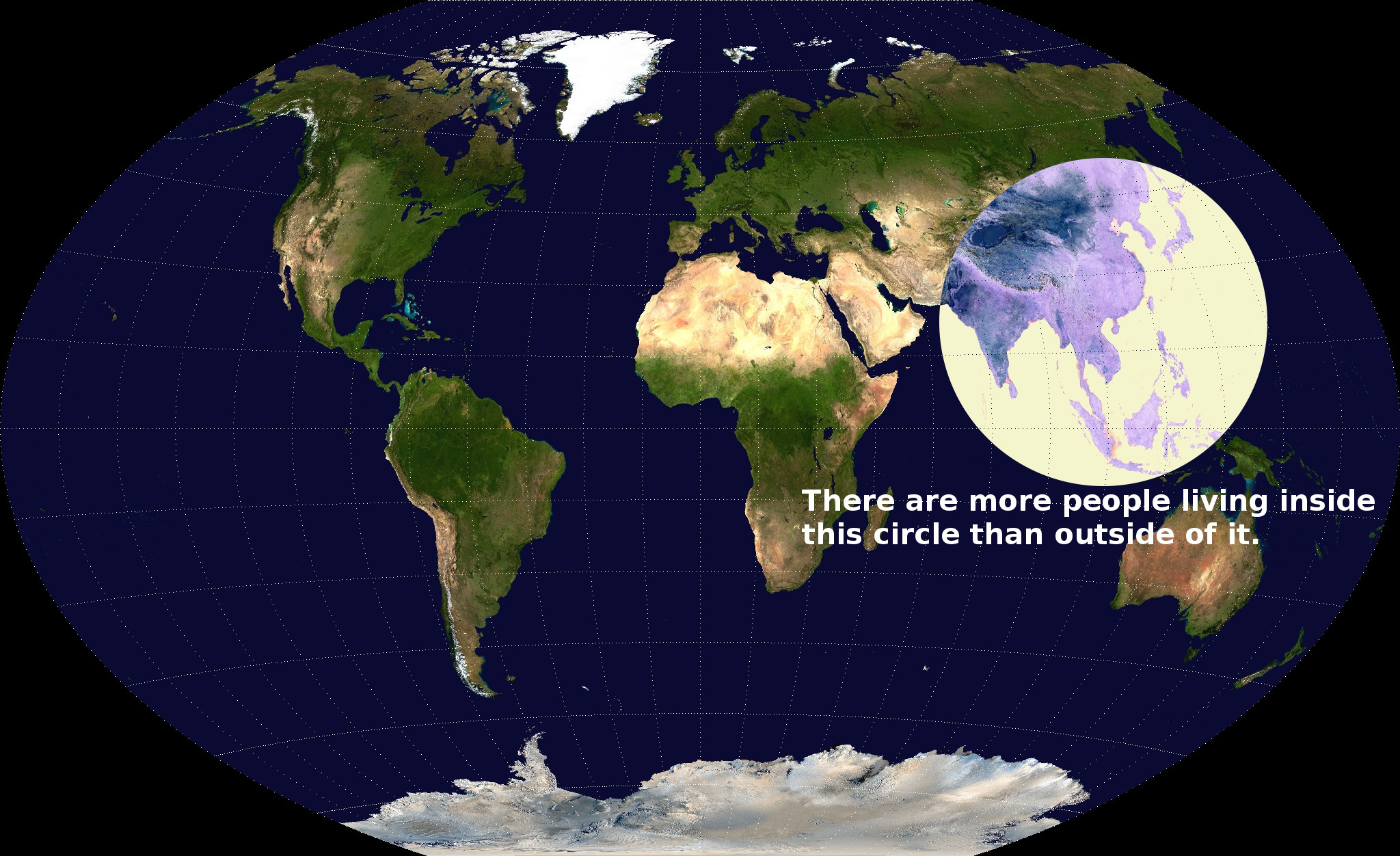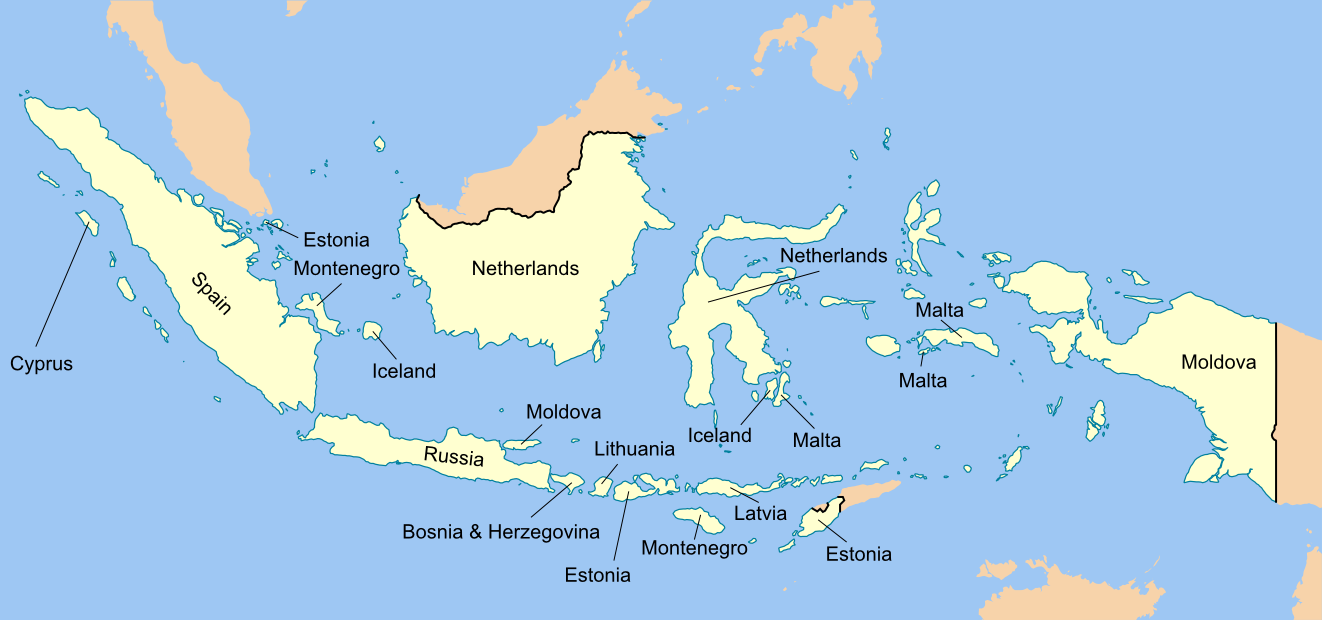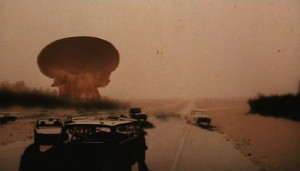![By Ras.sham (Own work) [CC-BY-SA-3.0 (http://creativecommons.org/licenses/by-sa/3.0)], via Wikimedia Commons 800px-Kezenoy-lake](http://crypticphilosopher.com/wp-content/uploads/2013/04/800px-Kezenoy-lake-300x199.jpg)
Lake Kezenoyam, in Chechnya
The Boston Marathon bombings, or whatever historical name we decide to apply to the event, showed Americans at their best and their not-quite-worst. Despite the heroism and selflessness displayed by people at the event, other people, all of whom did not experience the incident directly, rushed in to cast a wide net of blame, mostly directed at Muslims. The most interesting take on this, to me, was David Sirota’s April 16 piece in
Salon, “
Let’s hope the Boston Marathon bomber is a white American.” The context of his piece, to me, was not so much an actual wish to implicate white, right-leaning Americans in the bombing, but rather an observation of how we deal differently with crimes committed by white people and non-white people:
[I]n the context of terrorist attacks,…white non-Islamic terrorists are typically portrayed not as representative of whole groups or ideologies, but as “lone wolf” threats to be dealt with as isolated law enforcement matters. Meanwhile, non-white or developing-world terrorism suspects are often reflexively portrayed as representative of larger conspiracies, ideologies and religions that must be dealt with as systemic threats — the kind potentially requiring everything from law enforcement action to military operations to civil liberties legislation to foreign policy shifts.
In other words, if the bomber(s) turned out to be white people, the aftermath would likely consist mostly of criminal investigations and prosecutions, rather than a nationwide panic reaction like the one that birthed the PATRIOT Act and the war in Iraq. Of course, some people are determined to read the worst possible interpretation into such a statement, and Sirota unfortunately used words that others could shape into “ghoulish race-baiting.” I do not see much point in trying to engage with those who use terms like “race-baiting,” because I doubt anything I say would have an effect (especially considering Sirota’s clarifications and further thoughts on the matter here, here, and here.).
The revelation that the bombing suspects (remember, there has been no conviction, so they remain alleged bombers) are originally from Chechnya has thrown a wrench into everyone’s reflexive discussion of race and ethnicity as it pertains to terrorism and national security. Yes, they’re Muslims, but they’re also literally Caucasian. This has led to some interesting (I use that term broadly) discussion of what exactly it means to be “white” and whether or not we can continue to profile Muslims as a group in any sort of efficient manner. It might not have stopped the invective of some on the right towards immigrants in general and the basic rights of criminal suspects, but it has at least brought a strange sort of nuance to the discussion among some. At the very least, it gives Americans an opportunity to learn something about an unfamiliar part of the world.
This raised two questions for me: (1) is being a Caucasian from the Caucasus at all the same as being Caucasian in the sense of being white? and (2) does it make even a smidgen of difference when it comes to questions of national security or anti-terrorism?
The answers, for those who want to stop reading at the end of this sentence are: (1) no, but it’s interesting and worthy of further exploration; and (2) no, but given the amount of right-wing terrorism associated with white nationalism in this country, along with anti-Muslim rhetoric, people on the right have no business acting offended all of a sudden. Continue reading →
![By TUBS [CC BY-SA 3.0], via Wikimedia Commons Yeah, that's, uh, big.](http://crypticphilosopher.com/wp-content/uploads/2013/06/800px-Sakha_in_Russia.svg_.png)




 I return to my hallowed tradition of
I return to my hallowed tradition of ![Via bitrebels.com [Fair use] Via bitrebels.com [Fair use]](http://crypticphilosopher.com/wp-content/uploads/2013/06/body-painting-floor-plan-1.jpg)
 Mark Manson, an American living abroad, has an amazing post up on his blog entitled
Mark Manson, an American living abroad, has an amazing post up on his blog entitled 


 I am writing this in the midst of five days of doing nothing in the
I am writing this in the midst of five days of doing nothing in the ![By Ras.sham (Own work) [CC-BY-SA-3.0 (http://creativecommons.org/licenses/by-sa/3.0)], via Wikimedia Commons 800px-Kezenoy-lake](http://crypticphilosopher.com/wp-content/uploads/2013/04/800px-Kezenoy-lake-300x199.jpg)
